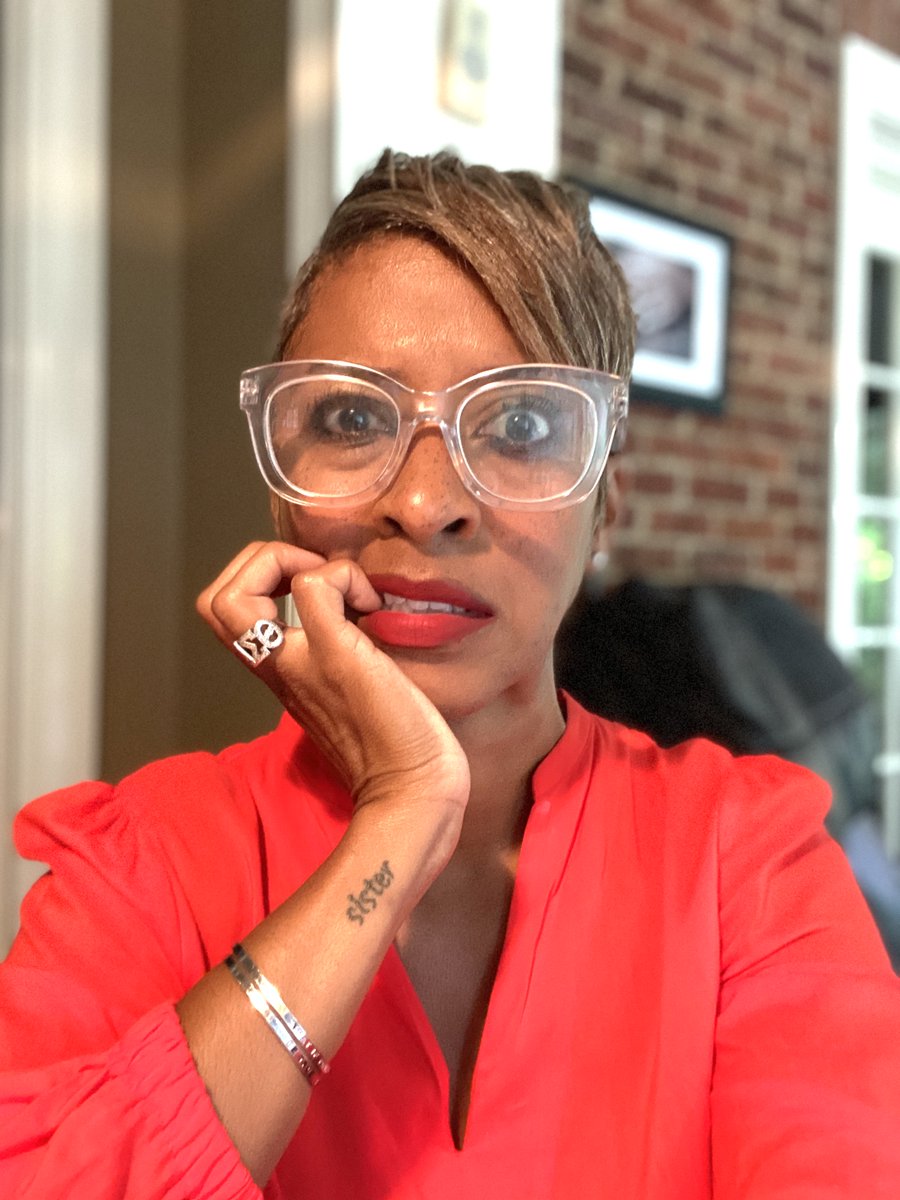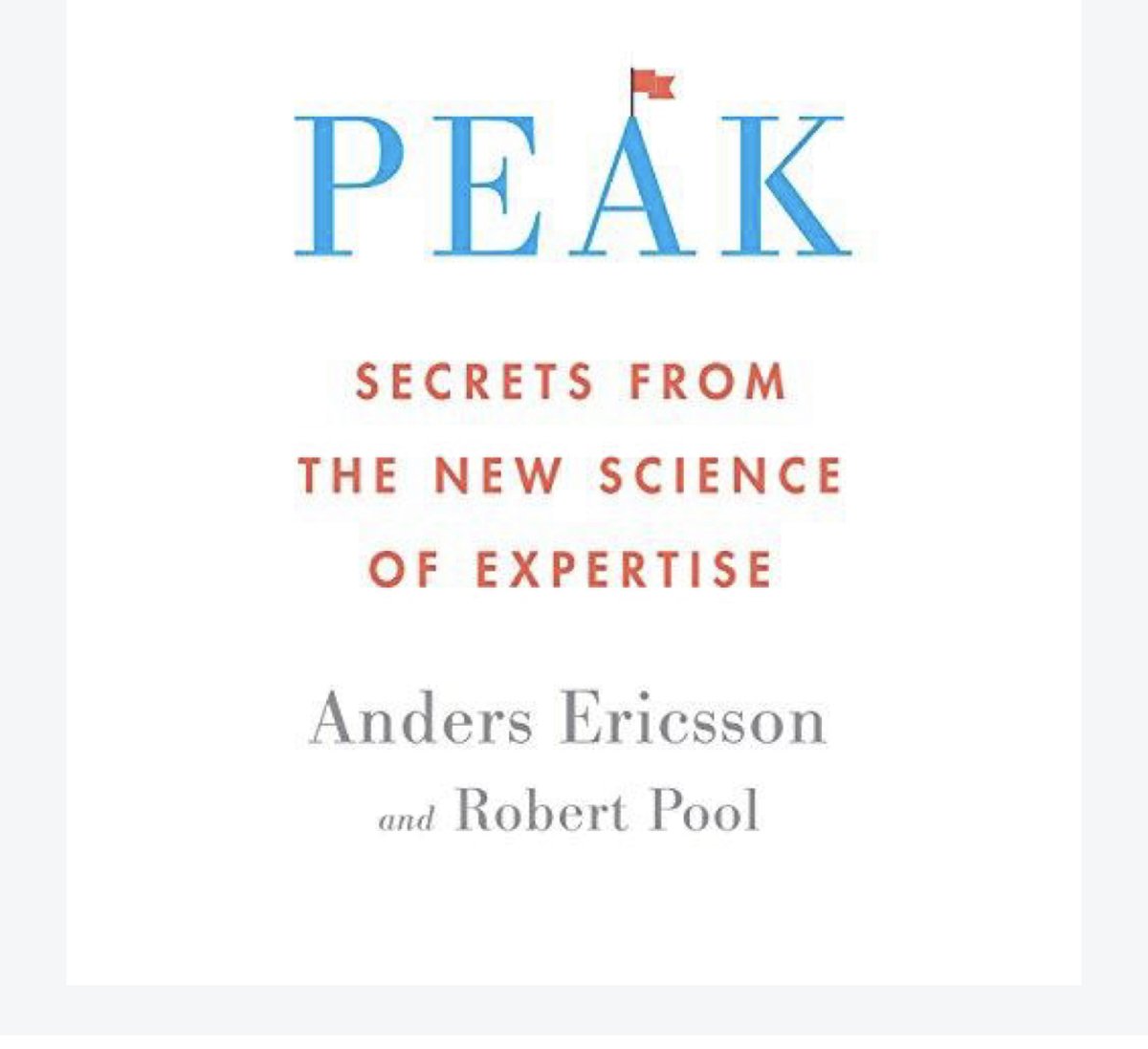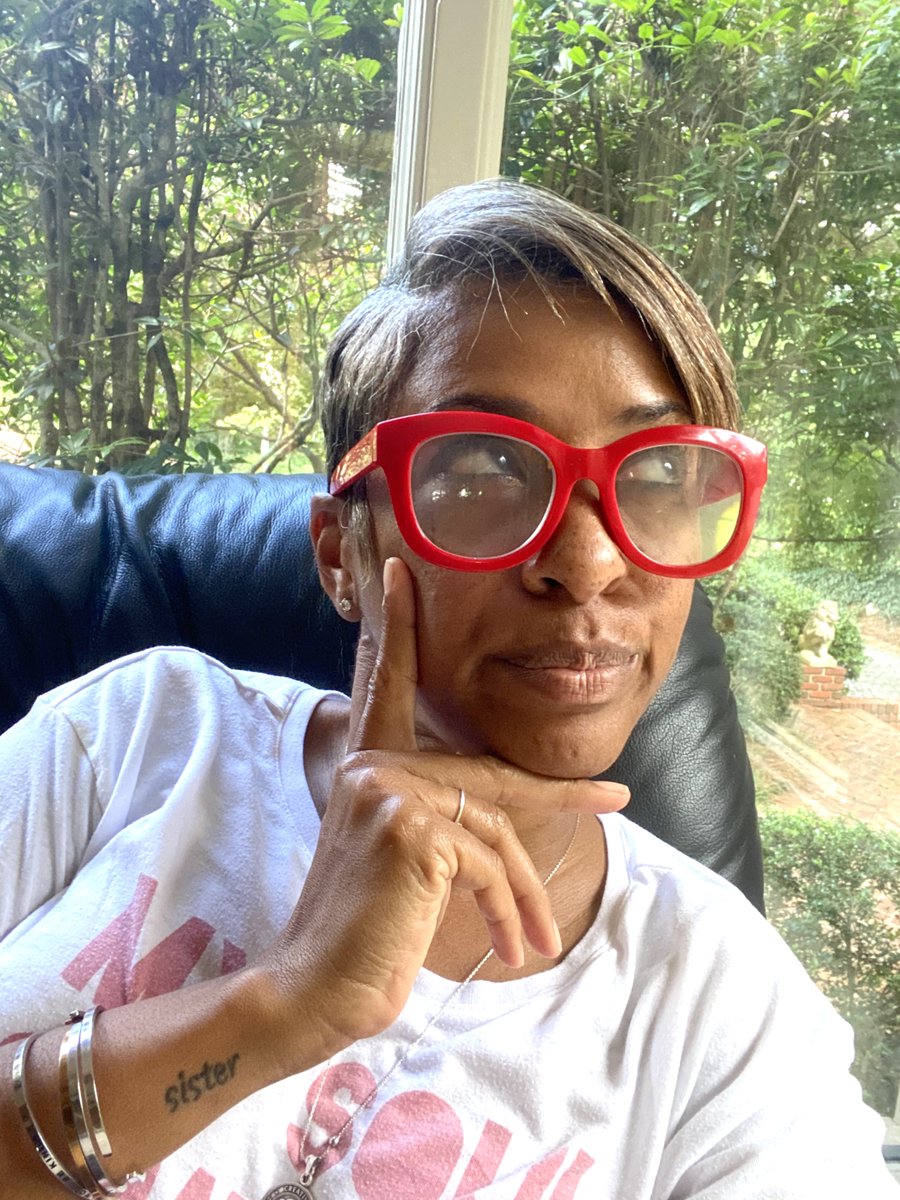When I look back on my early meetings with mentors, there was so much I didn’t know that I'd tell myself if I could.
Like:
*How do I find a mentor?
*How do I know if we’re a good fit?
*What can I do to make the most of the relationship?
*Can I have more than one?
Sigh.
But you know what? When you know better, you do better. And you also pay it forward.
Let’s talk mentee-ing, shall we?
Me: “Hi, I really enjoyed your lecture. I was wondering if you might be willing to be my mentor?”
Person-who-never-met-me-before: “Say what now?”
Okay. So how DO we find good mentors?
*Through sponsors
*Shared interests
*Shared projects
*Organically while working
*They offer
*Through professional organizations/academic homes
Oh, and we can’t forget one of the most common of all:
*Someone assigns you to them
Your sponsors are #teamyou. They also know your work and leadership style.
If I had time, I’d talk about how it took me 15 yrs to know the difference between my mentors and my sponsors.
Wait, I do.
Sponsors:
1. They know you.
2. They know people
Got interests? Got goals? Think about YOUR needs and how the mentor can help you thrive.
@dan_p_hunt_MD mentors me on all things clinical teaching.
@BusseyJada mentors me on leadership and life.
Which reminds me. . .
I have a whoooole bunch of #DOPE peer mentors, too.
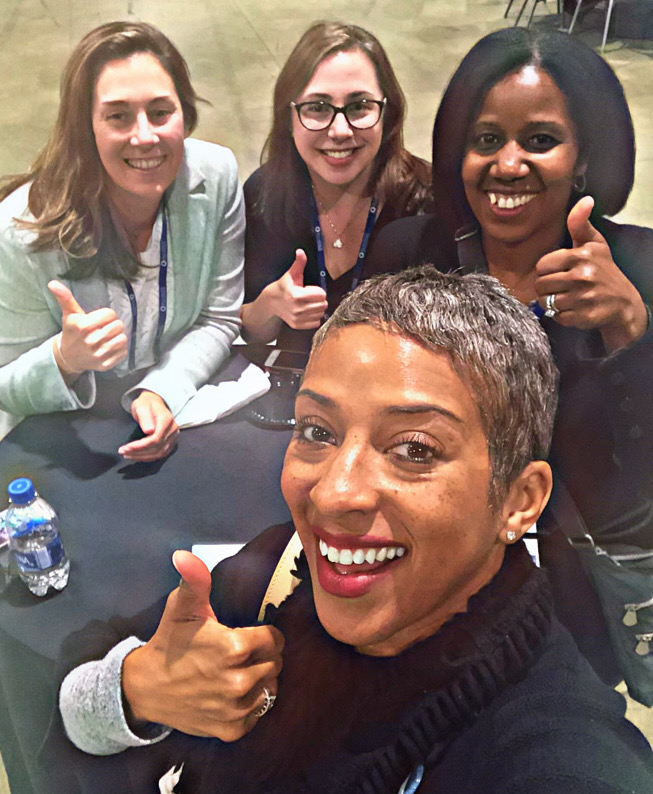
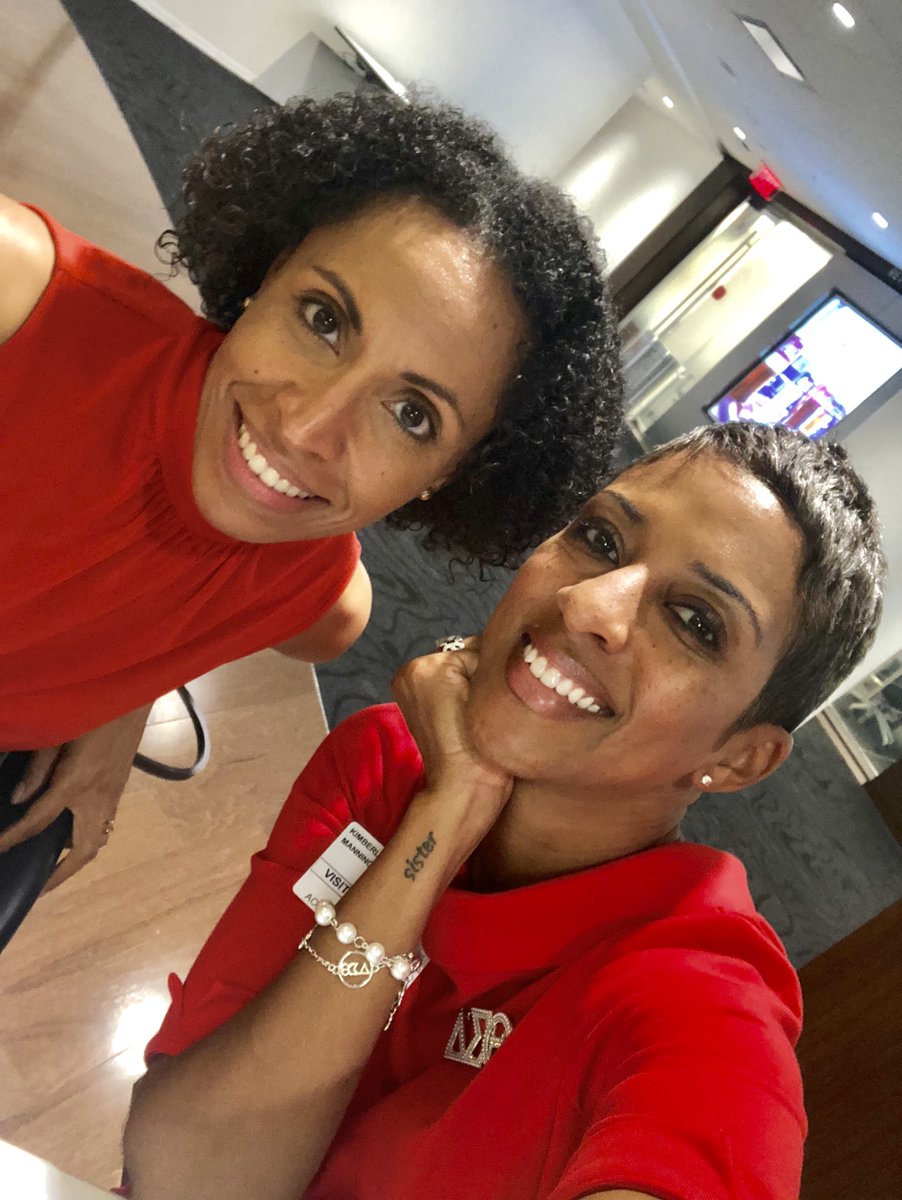
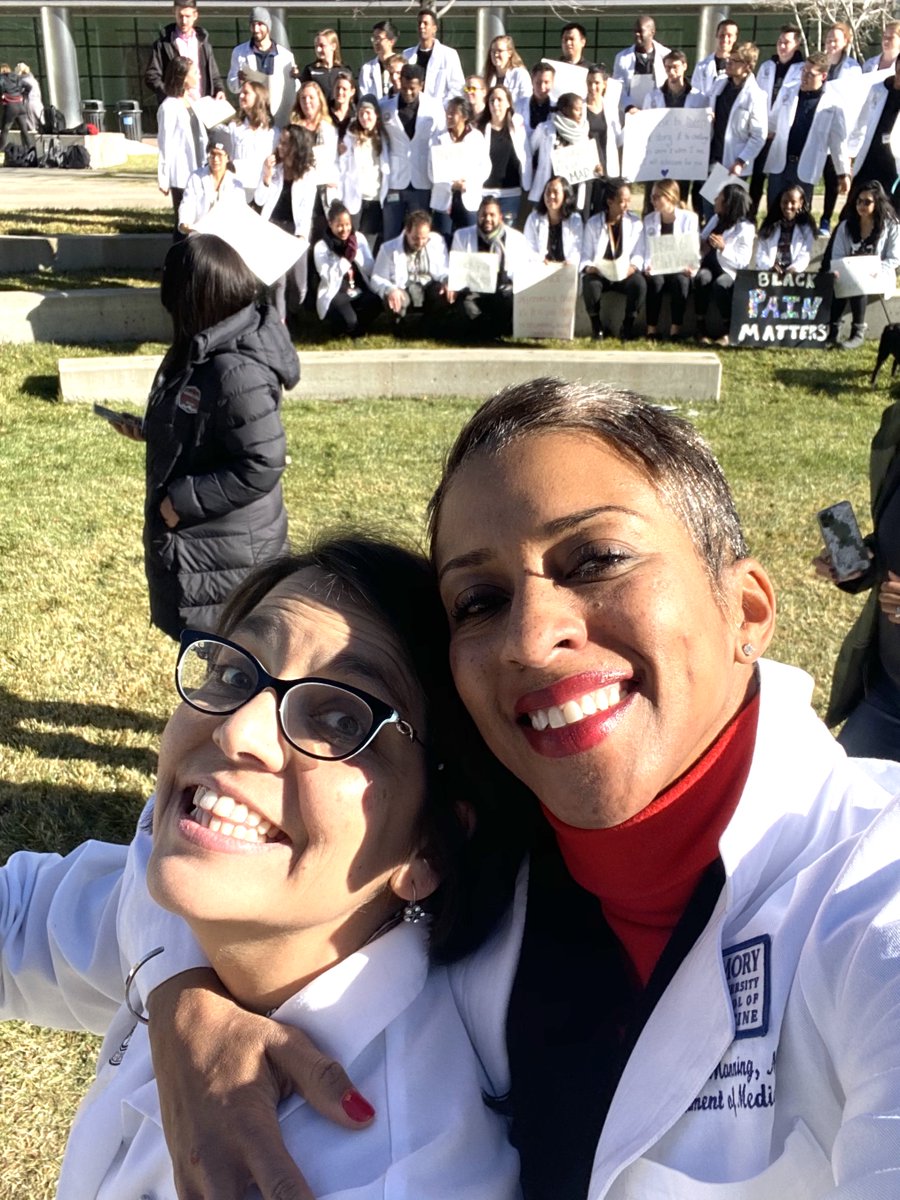
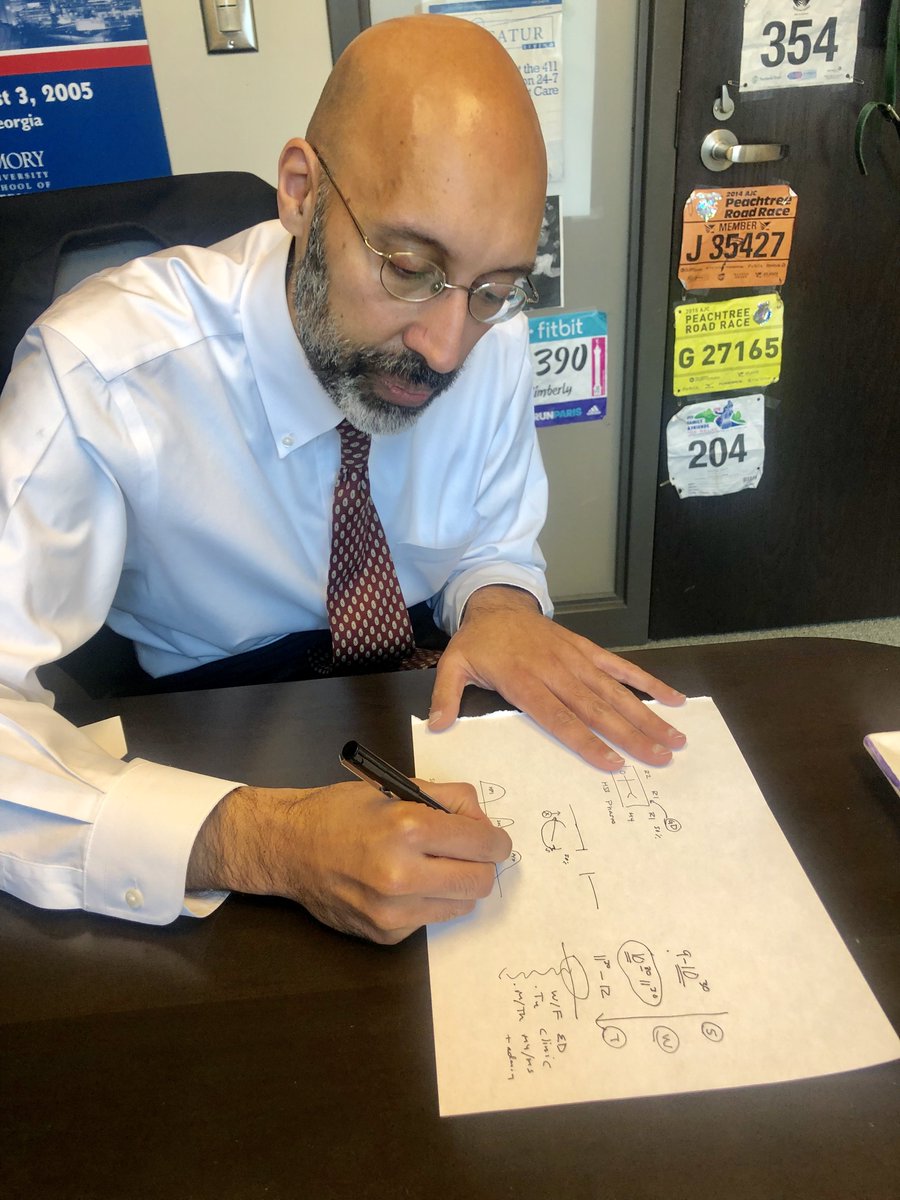
Got projects?
My grandmama always said, “People come to you for a reason, a season, or a lifetime.”
Same with mentors. It’s perfectly okay to have a mentor work with you:
1. Just for a project (a reason)
2. During a particular time (a season.)
And not a lifetime.
Some mentor-mentee relationships are happening organically. But it’s important to define the relationship to get the most from it. This proved HUGE between @BusseyJada and me.
Name it and claim it.
Me: "You guide me a lot. Can we formalize our mentor-mentee relationship?"
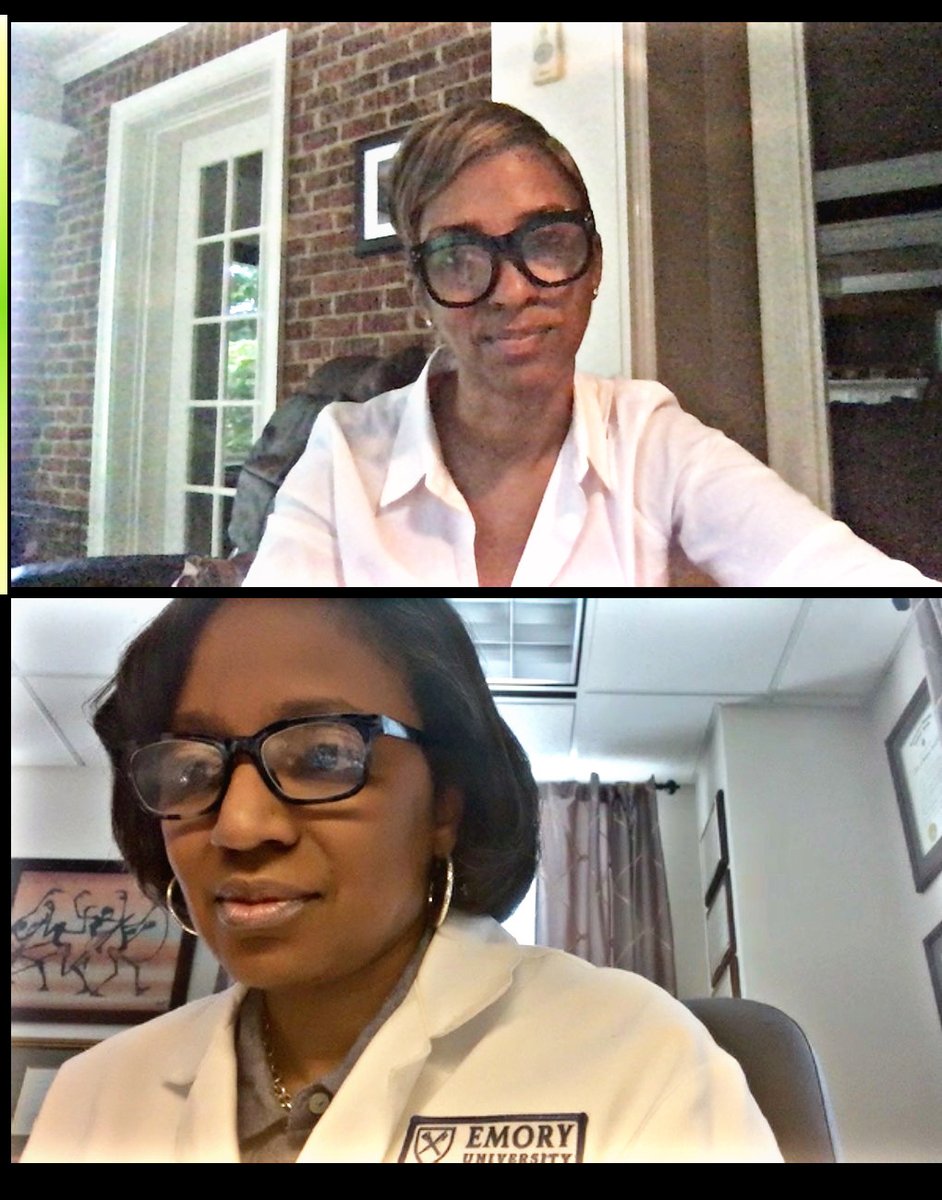
And before I forget:
Sometimes your institution will assign you a mentor. These can prove to be meaningful--especially if someone was thoughtful about the connection.
Yup.
Saboteurs are usually:
1. Ill-defined expectations
2. Not building a relationship
Especially 2.
Okay. So let’s talk about what WE can do as mentees:
1/ Have action items to discuss. (Set an agenda)
2/ Establish how y’all will communicate. (Texts ok or nah?)
3/ Meet regularly (even if you text)
4/ Close loops on action items
5/ Be vulnerable
6/ Have good energy.
Example:
Today, I met with @dan_p_hunt_MD. We’ve established that text is okay for small things. I also connect with his admin.
Focus for today:
1/ Bedside presentations and teaching during #COVID19
2/ Follow up on prior projects
3/ Feedback and advice on a project
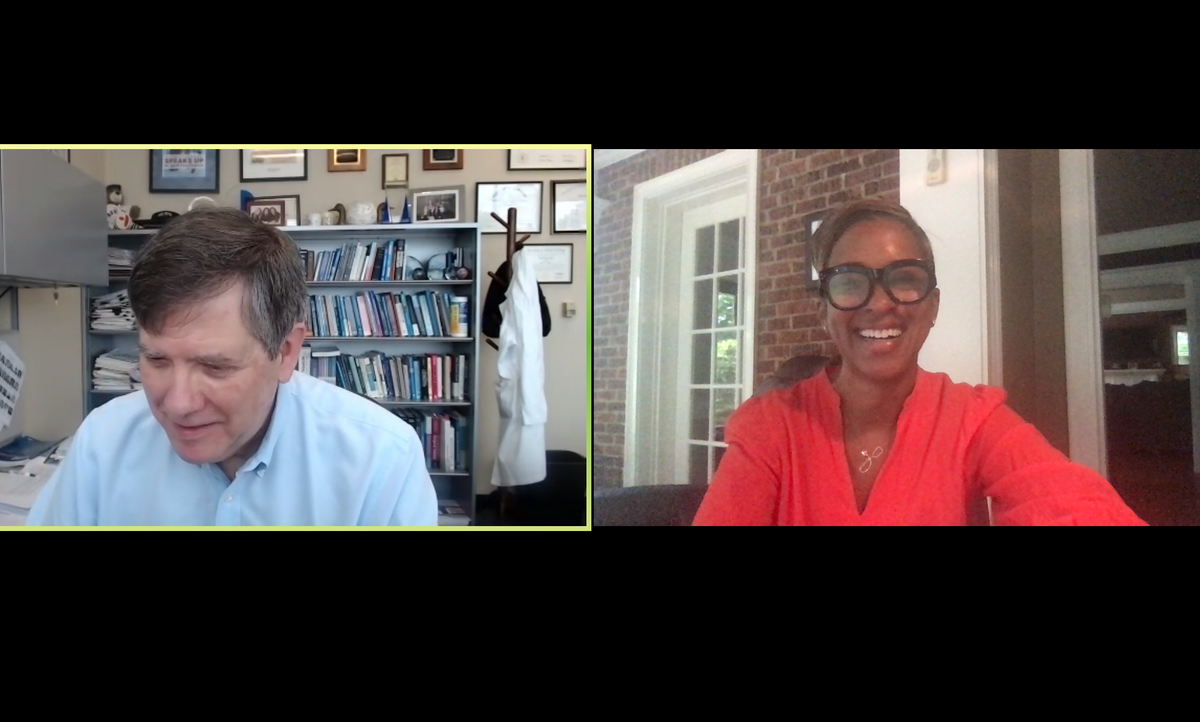
I have standing meetings with my other mentor @BusseyJada. We work closely in our #DEI leadership roles so we text a lot. But we also meet formally.
This week we discussed:
1/ Updates on my deliverables for shared projects.
2/ Feedback on a talk
3/ Counsel on a big ask
In case someone reading this is wondering what a full professor is doing with all these mentors, they obvi need to read some @Atul_Gawande who reminds us that we ALL benefit from coaching.
Yup.
newyorker.com/magazine/2011/…
Speaking of #DOPE resources that you should read on this topic:
1. @vineet_chopra and @sanjaysaint wrote this awesome piece in @HarvardBiz. It’s one of many must reads from one of the most dynamic duos since Batman and Robin.
Mmm hmm.
hbr.org/2017/11/what-m…
Ready to go to the next level?
Wondering why you aren’t getting the most out of your mentor-mentee relationship?
Start by taking control of the part in your control: YOU.
Be intentional.
Be consistent.
Be reliable.
Be open.
Then? Get ready to be awesome. 😊
#medtwitter


